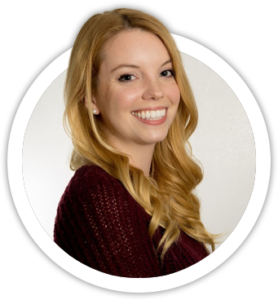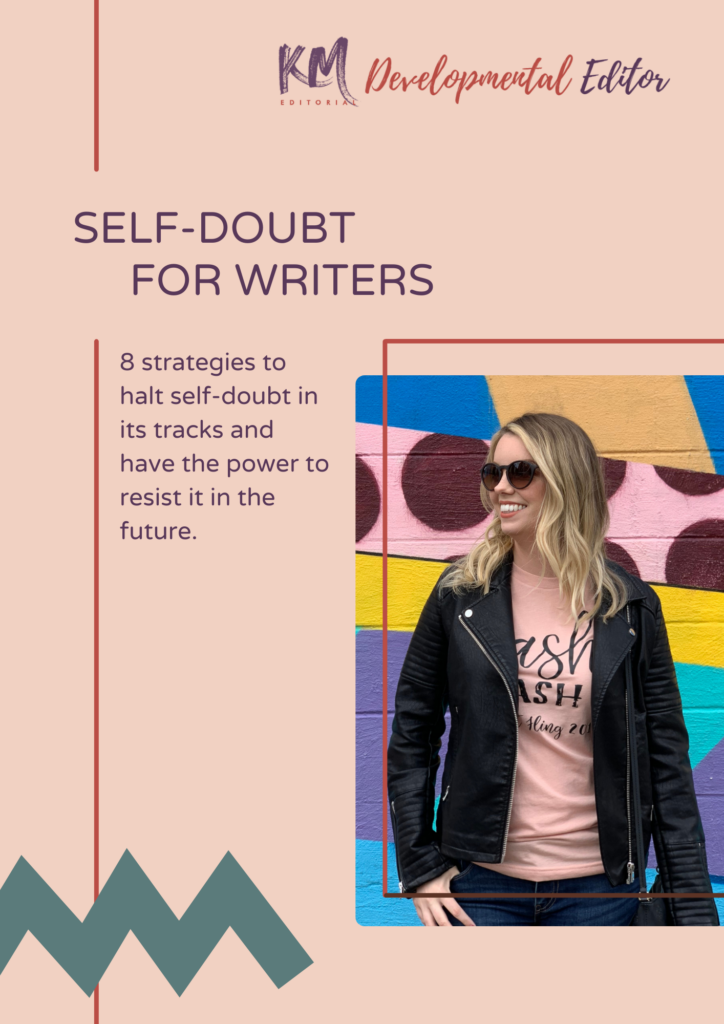 Developmental editing may be an unfamiliar term to some writers and authors. This is, in the most basic of definitions, is editing that enhances your story.
Developmental editing may be an unfamiliar term to some writers and authors. This is, in the most basic of definitions, is editing that enhances your story.
Have you ever read a book and felt the plot was all over the place, or the characters were inconsistent? Maybe the climax wasn’t strong enough or the story was missing that obvious inciting incident. Hell, have you ever started a book and just didn’t like it?
We all love the idea that our first version is the best version—hey, it’s straight from the heart and on to the page, what’s better than that?
The answer: Your next draft.
And then the one after that, and the one after that.
Writing is grueling, and that’s because such a large part of writing is the rewriting. Revising makes the story stronger, better. It’s filling in the gaps you didn’t realize were missing at first. It’s making sure your characters have grown, that the sub plot contributes to the main plot, and that the main plot even makes sense. It’s showing not telling. It’s honing in on POV switches. Dialogue. Cutting out the unnecessary back story.
And, you, wonderful writer, you, can do a lot of this rewriting on your own. But sometimes you can’t. During the rewriting process, this is when self-editing, beta readers, critique partners, and then finally, a developmental editor come in. No, this is not a copyeditor. This editor is different, because instead of grammar, facts, punctuation and spelling, they put their focus on the story; the characters, plot, structure, readability, credibility, audience. And their greatest focus of all: Will readers enjoy it?
Developmental editing is for “manuscripts [that] need in-depth, comprehensive, substantive editing.”
The editorial process of the developmental edit may vary from editor to editor, however the idea is the same – work with an author to help them create their best possible story.
Here are five examples of how developmental editing is different than other types of editing, and why it’s important:
A developmental editor immerses themself in your story.
Curious why an editor is able to charge a hefty fee? This is why. A developmental editor immerses themself in your story. They soak it in; let it consume them for the days/weeks/months that they work on it. They are as close as they can be with your story without actually being the one who created and wrote it. When I edit or critique a manuscript, I usually gather all my thoughts and notes, type them up as if they are ready to send and then wait a couple days before sending off. Just because I “finished” doesn’t mean my work is done, and it definitely does not mean I’ve stopped thinking about it. Even doing this and being certain I’ve said all I can, I still find myself emailing a client a few days later with another idea that came to mind. Or a client may have additional questions later and want to bounce ideas around. Being immersed in the story means an editor is invested, and don’t you want to know your editor is invested in your story as much as you are?
A developmental editor understands your vision.
This is your story, your book, your writing. The right editor knows this and does not try to change this. They understand what you are hoping to accomplish (and if they don’t, tell them) and they will help you accomplish that. Do you have a specific theme to your story? An editor will help you stick to it. Is your intended audience single parents, young adults, or realists? An editor will make sure your story captures the audience you want. The same goes for genre. An editor should not try to change your vision – if that’s the case, why would you work with them? Make sure you and your editor are in sync.
A developmental editor is a reader.
When editing, I am not just looking at your work like an editor, I look at it as a reader as well. As a reader, what would I want to see more of? How does this story make me feel? Am I excited for the characters, do I even like the characters? Am I thinking about the story even after I’ve finished reading? Can I picture the people and world that this author has created? Has this author hooked me as a new fan?
The beauty of this trait of an editor is that they are your ideal reader. They know why something doesn’t work, or why one section is better placed in another section. They can express this to you and pinpoint the how’s and why’s. They have been trained for this, studied it, and perfected it. You may have readers who can do this as well, but often times a reader may just feel like the story didn’t work for them, a character didn’t gain their support, or something was off. An editor is a reader with an editor’s eye.
A developmental editor encourages you
The right editor is rooting for you. They want to see you succeed because when you succeed, so do they. They are not there to shut you down or tell you that you’re a bad writer. They are a coach in many ways, and they work with you to help you create the best story, not for them to create it for you. One of my favorite moments in editing is when I provide suggestions of where something (plot, characters, motivation) may need expanding and the author takes it to the next level. Actually, they take it 10x beyond that.
A developmental editor sees what you don’t.
If you haven’t heard the phrase, “Even editors need editors,” I encourage you to put it to memory now. I say this all of the time, because it’s true. An editor cannot content, line, or copy edit his or her own work.
In their head, a writer knows their story front to back. They know their characters, what they look like, how they act, why they make the choices they do – they know the world they’ve created, the setting, the smells, the way it works. A writer often times lives in their story – it’s part of who they are. Which is why it’s easy for a writer to not see what a new reader sees, or, doesn’t see.
A developmental editor will find the missing pieces that you didn’t even realize were missing.
Have you worked with a developmental editor before? What did you gather from the experience? Are you more confident in your story after using a developmental editor?
Find me on Twitter: @katiemccoach
Don’t miss a post! When you sign up for the KM Editorial monthly newsletter you’ll receive a free downloadable Guide to Getting Published.


 Download your free copy of these 8 tried-and-true strategies to stop self-doubt and imposter syndrome as a writer. And, build the power to resist it in the future.
Download your free copy of these 8 tried-and-true strategies to stop self-doubt and imposter syndrome as a writer. And, build the power to resist it in the future.
Katie, that’s an excellent definition! I’m also a developmental editor, and your emphasis on being totally immersed is spot on. My first allegiance is to the reader, and then to the writer. And once we read through the book-in-progress, it stays in our heads until completion – day and night. Great article!
Linda
Linda,
Thanks for stopping by! It’s always wonderful to hear when another dev. editor agrees! I like what you said in your comment, “My first allegiance is to the reader, and then to the writer.” So true!
Best of luck in your editing efforts!
Hi Katie! Per your earlier permission, I scheduled this article to be featured as a guest post on http://www.ryanlanz.com on Oct 29th. As usual, it has your credit/bio/link. I hope it brings you new customers! : )
-Ryan
AWP